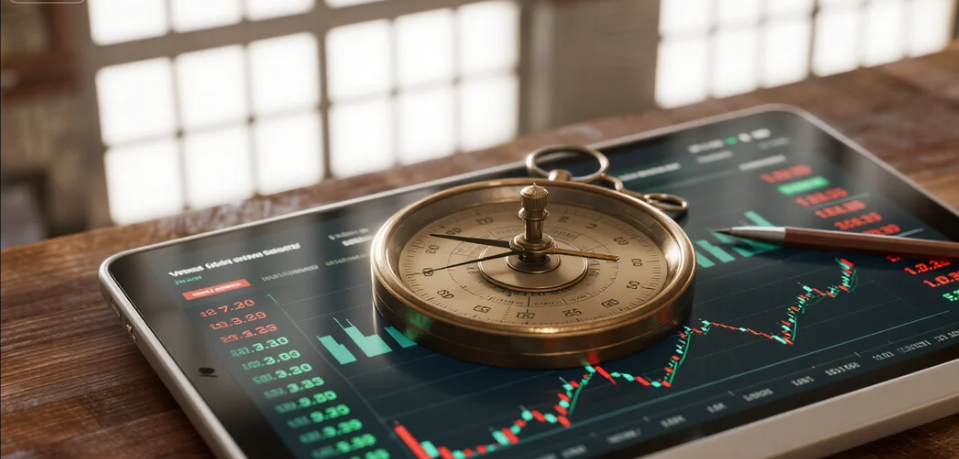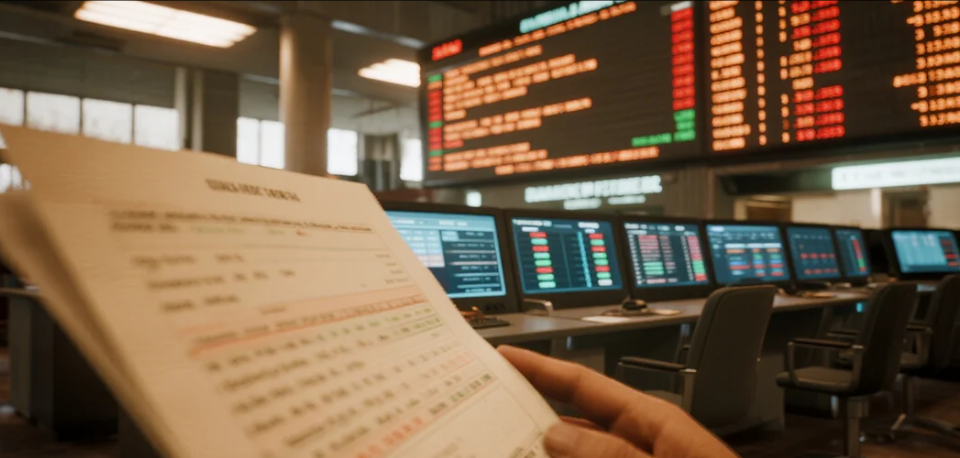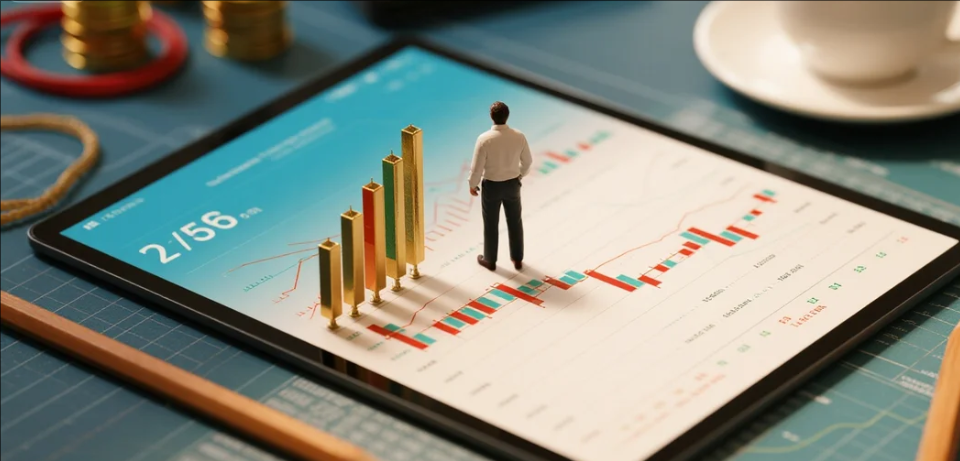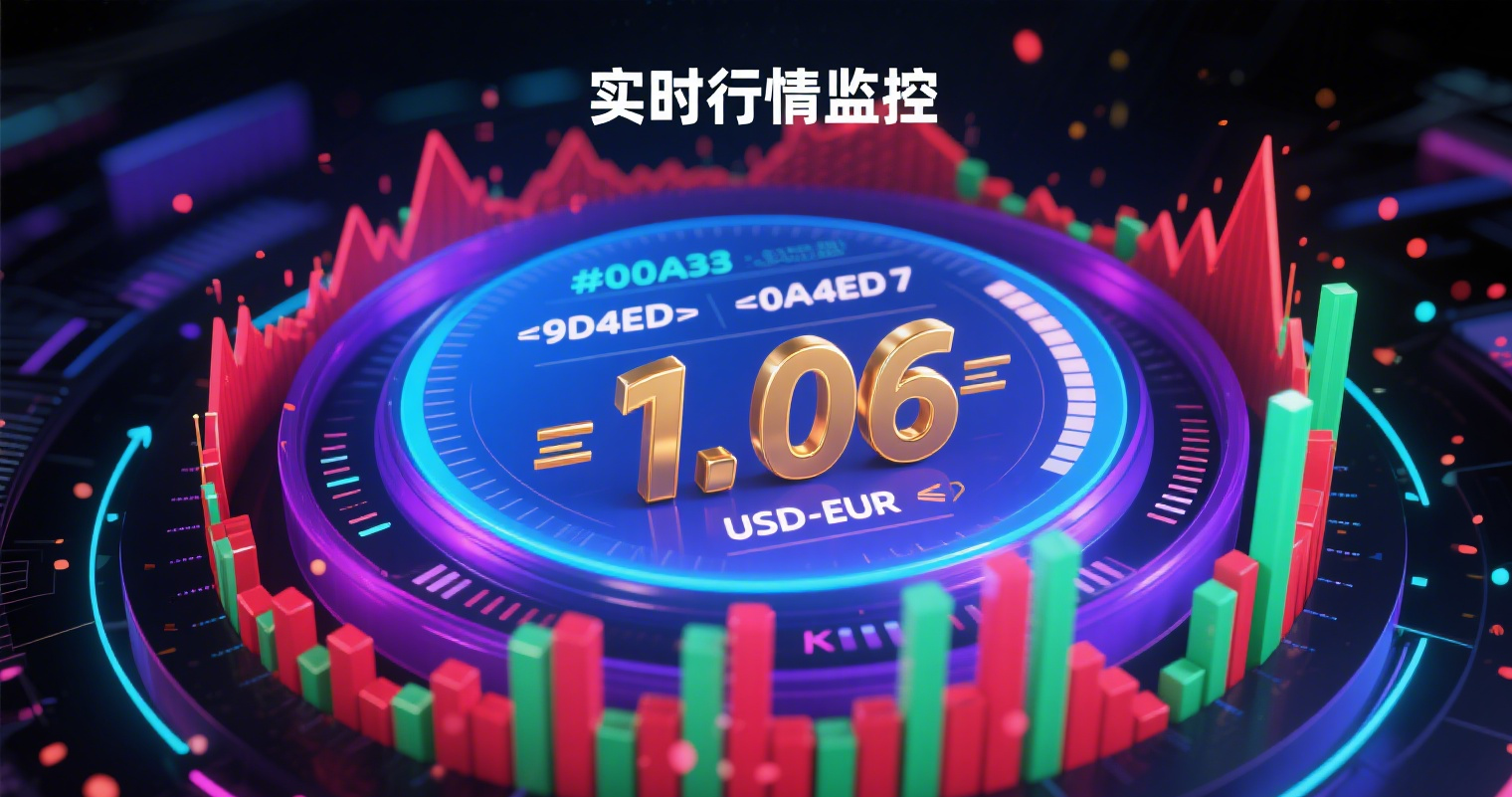
What Are "Track Stocks" and "Theme Stocks"?
1. Explanation
A stock "track" refers to an industry, a trending sector, or a concept. "Track stocks" are those companies whose core or related businesses align with this industry or trend. Examples include semiconductor track stocks, consumer goods track stocks, healthcare track stocks, technology track stocks, and carbon-neutral track stocks.
On the other hand, "theme stocks" are those that share common characteristics due to sudden events or time-sensitive factors. Examples include asset restructuring themes, Belt and Road themes, and Xiongan New Area themes. These companies may have entirely different core businesses.
The difference between track stocks and theme stocks lies in:
-
Theme stocks are more driven by speculative capital or market manipulators. After a period of hype, if there is no policy support, their prices usually correct.
-
Track stocks typically refer to sustainable industries that enjoy strong policy backing. These sectors often attract institutional investors, forming a bullish trend.
2. Explanation
Track stocks refer to stocks belonging to a specific industry or concept. Usually, rapidly growing high-end industries are labeled as track stocks because they exhibit high prosperity, receive policy support, and attract substantial capital. Examples include lithium batteries, wind power, photovoltaics, energy storage, and semiconductor chips—all common track stocks.
The term "track stocks" is essentially a collective label. Fund managers select popular stocks, creating a bandwagon effect. A key feature of track stocks is their high growth potential. A stock track represents an industry, a trend, or a concept. Investors should first identify a suitable track before trading, selecting stocks based on industry trends.
Most so-called "track stocks" are not genuinely in an evergreen industry. Instead, major funds, based on current market trends, pick certain mainstream concept stocks and brand them as "track stocks" to attract followers who ignore valuation and blindly push prices higher. This allows the big players to easily drive up prices and cash out at peak levels.
















